What do you need to know about safety when travelling? We've listed nine points to consider before embarking on an adventure.
Innehållsförteckning
Safety when travelling
Travelling on holiday should be wonderful, fun and exciting, and to avoid unnecessary problems, it's good to have planned for safety on your trip. We've listed our top tips here.
1. knowledge
One of the most important things for safety when travelling is to be informed and have knowledge of the destination. It doesn't have to be more dangerous away than at home. On the other hand, it is easy to lose track of things. You may not know which neighbourhoods are unsafe at night, which scams are common, or when there is a political event that could lead to unrest.
The more you read up on your destination, the better informed you will be. One tip is to download the app "UD Resklar" to read up on the destination before departure.
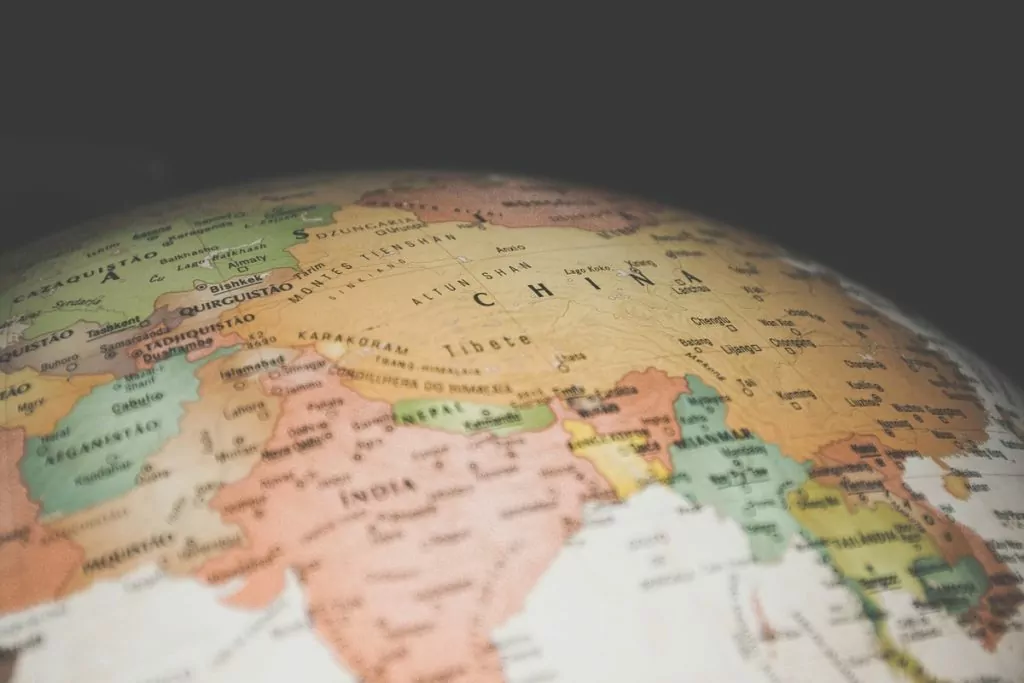
2. passports and important documents
Passports and other important documents, such as tickets, are important to keep track of so you don't lose them. When staying in a hotel, you can choose to lock these items along with other valuables in the hotel room's safety box. It's also good to have access to various documents digitally, preferably so you can access them via email from any computer or digital device.
3. Insurance
No matter how much you try to prepare and plan, you can never control everything that happens. In case of an accident or misfortune, it is important to have insurance. Contact your insurance company and check how your policy works and whether you need to take out additional insurance.
It is common for home insurance to provide travel insurance for 45 days. If you are travelling for longer, you will often need to buy additional insurance.
4. Packing and valuables
When travelling, it is important to keep an eye on your bags at all times. Never leave luggage unattended. If you need to take a nap, you can use your bag as a pillow, for example.
When it comes to valuables, think first about what you need to take with you. For example, it may be unnecessary to take - or flaunt - your most expensive jewellery.
You will probably still need to take some valuables with you, such as a camera or mobile phone. Avoid displaying your most valuable items unnecessarily, keep an eye on the bag where you store them and - when appropriate - lock them in the hotel safe.
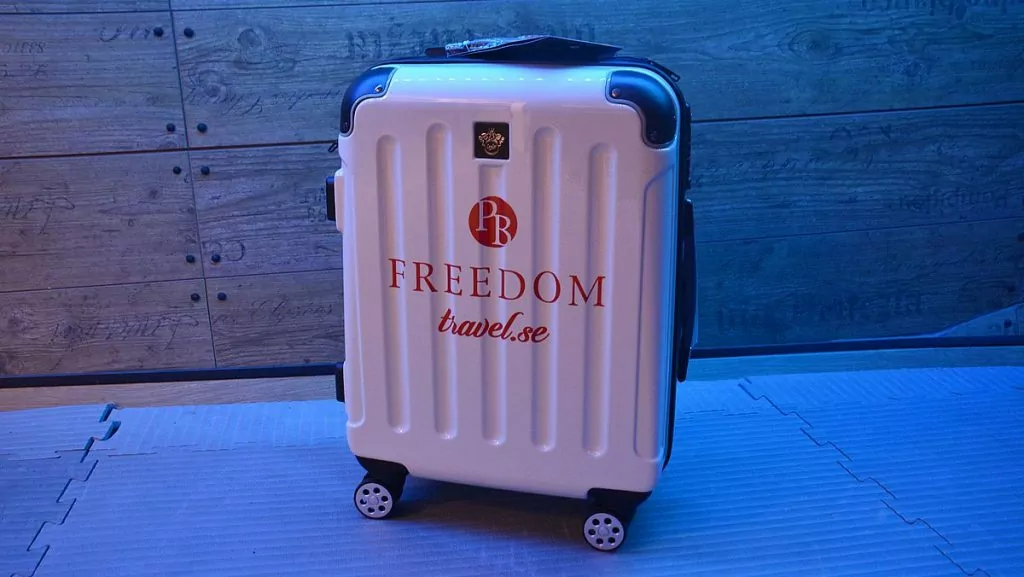
5. Credit cards and money
In many countries, it is useful to have some cash in the local currency. It's best to keep only small amounts in your pocket so that you don't have to wave too many large notes when doing business.
You will also need to carry cards, and it is a good idea to have at least two different cards, stored in different places in your luggage. Please note that a credit card is safer than a debit card in case of credit card fraud.
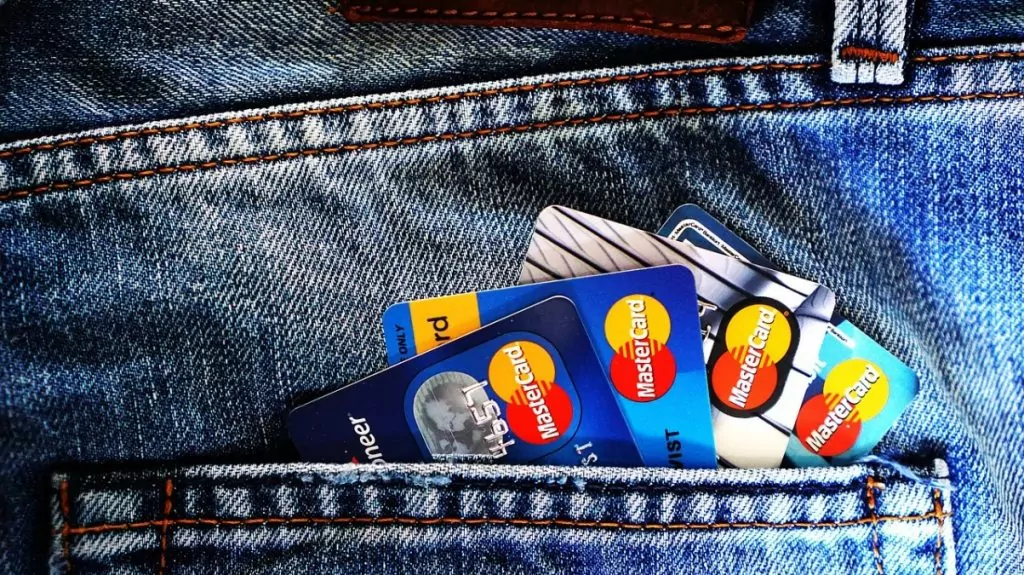
6. Health
There are several ways to think about your health. Even before travelling, you can take care of your health, for example by taking care of dental and other necessary medical appointments. Before travelling to certain destinations, it may also be advisable to get vaccinated against various diseases.
In some destinations, it is easy to get a stomach bug. To minimise the risk, choose well-cooked or boiled food and be careful with tap water. Read up on the specific destination you plan to visit.
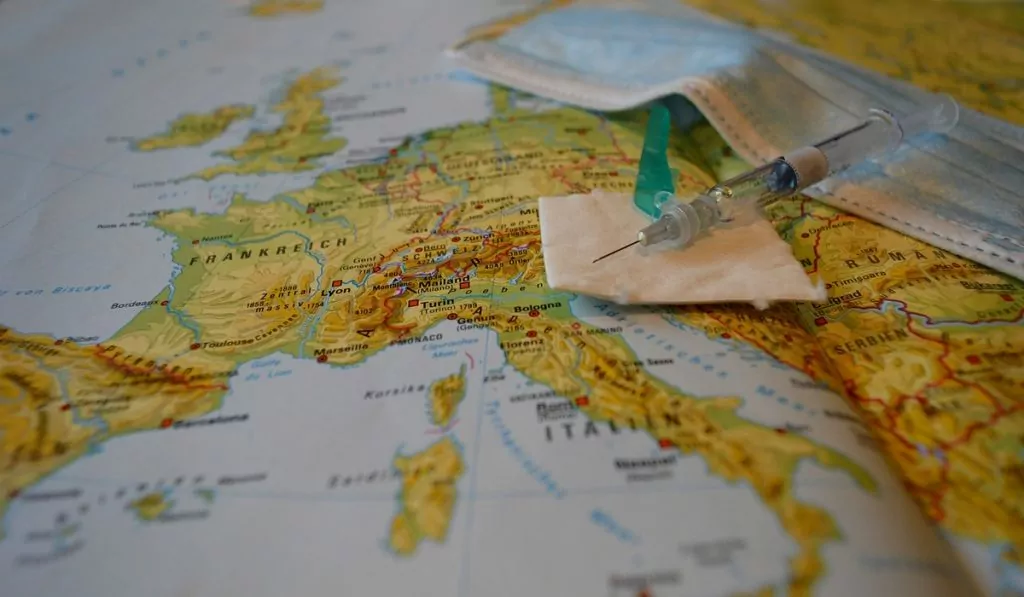
7. Traffic
Traffic poses a certain risk in all countries, and in some places traffic can be even more hectic than in others. One way to increase safety when travelling is to wear a seat belt when driving a car and a helmet when renting a scooter, for example.
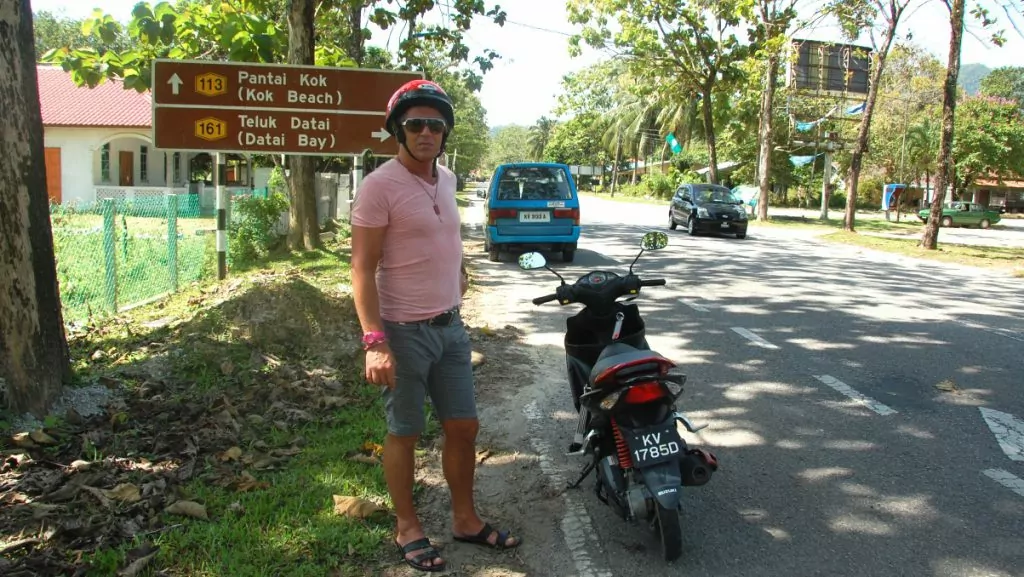
8. Scams, robberies and assaults
Although not common, there is always a risk of scams, robberies and assaults. When it comes to scams, the best thing to do is to read up on the destination before travelling. That way, you can learn which scams are common and avoid them.
To avoid robberies and assaults, it is also good to know which areas to stay away from or which taxi companies are safe. In many cases, it may be enough to ask for some advice at the hotel reception.
9. Hazards in nature
Are you among those who worry about shark attacks, poisonous snakes, volcanic eruptions or floods? Often the most spectacular hazards are also relatively uncommon, but we'll say it again - it's best to be informed! That way you can find out if there are any precautions that are actually important to take. At the same time, you can avoid worrying about things that may not even be a real risk.
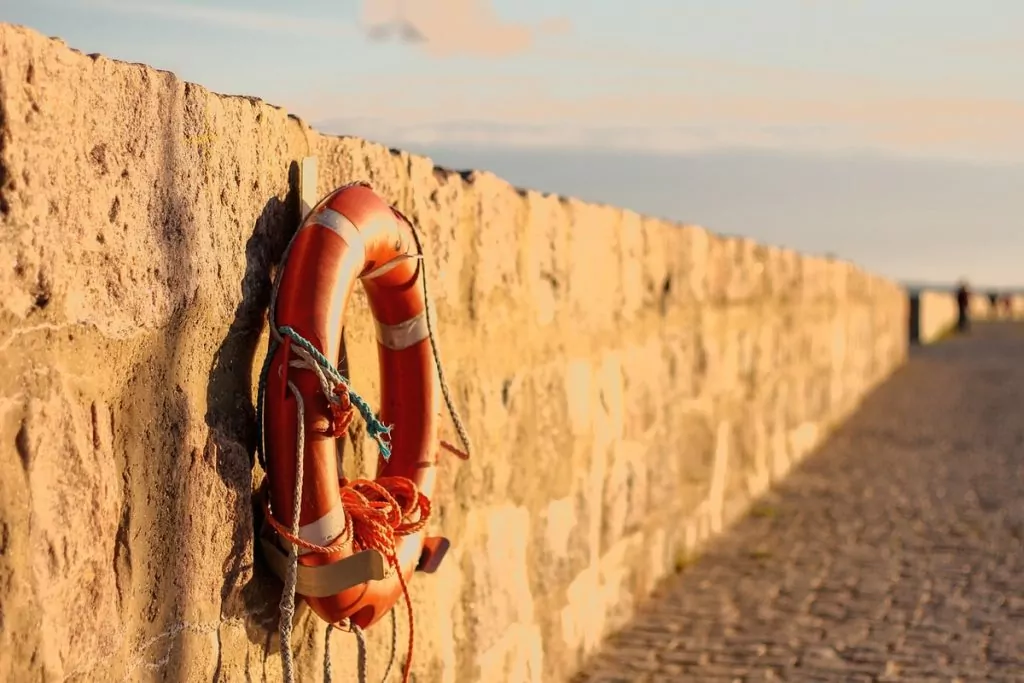
Safety when travelling - should you be worried when travelling?
When there are so many things that can happen while travelling... should you be worried? The fact is that things can always happen in life, even when you're at home. We certainly don't think you should run around worrying when you're on holiday. But by planning a bit for safety on your trip, you can minimise the risks, which can still be a good idea.

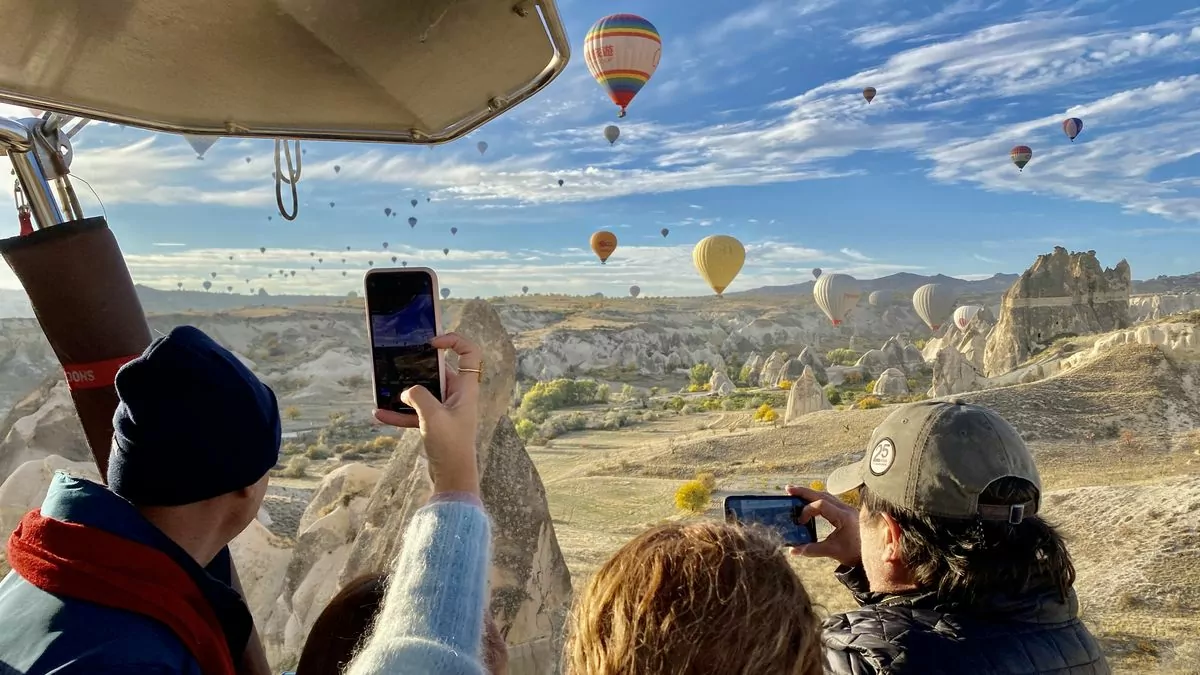










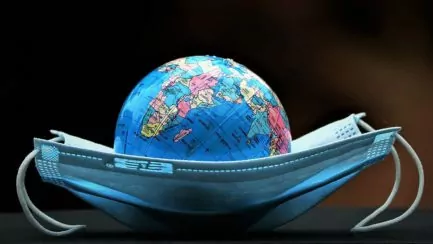
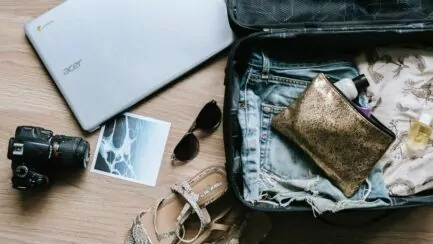
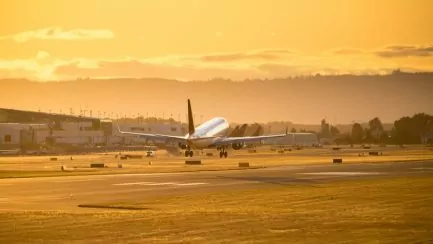
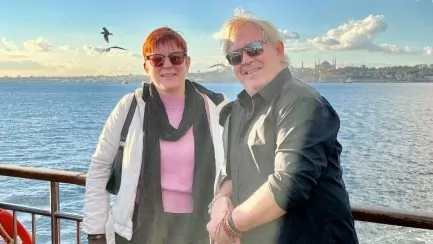

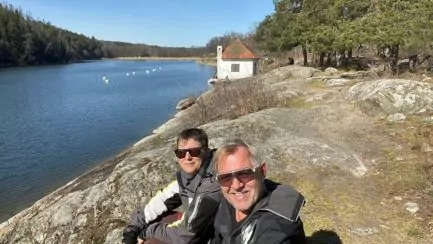



BP says:
Good tips. Almost obvious really. In 2014 we thought we had everything under control until I was robbed in a lift in Benidorm by two really cheeky thieves. Thanks to extra insurance and tips from the company IF, we got everything back except a deductible of 1,200 SEK.
19 February 2023 - 17:56